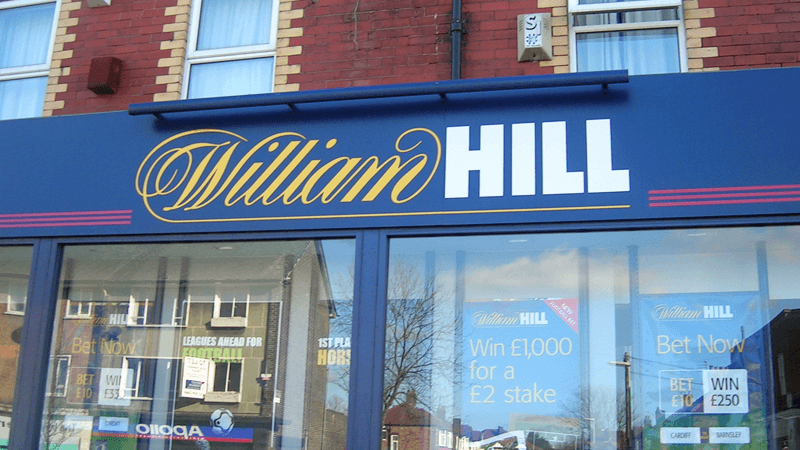One of the UK’s most deprived areas has seen four betting shops open within metres of each other, sparking anger from residents.
Betting giants Ladbrokes, William Hill, Paddy Power and Betfred have all recently opened shops in Washwood Heath Road in Ward End, Birmingham – an area of high unemployment and low incomes.
A recent University of Bristol study found that a fifth of all gambling premises in the UK are based in the poorest districts, and that betting shops are ten times more likely to be found in poorer areas than more affluent ones.
‘Deliberately targeted’
Local resident Amandeep Khaira said that many in the area felt the proliferation of betting shops was unacceptable.
There is something morally wrong about this
“It is no coincidence they have deliberately targeted a deprived area to try and make the most money to line their pockets out of poorer members of society.
“There is something morally wrong about this, they know gambling addicts are more likely to be found in these sorts of areas and they are exploiting that fact.
“Many people are struggling to make ends meet here and yet the temptation to endlessly fritter away what money they have is found right on their doorsteps.”
Draining communities
In a recent City Council meeting, Martin Straker Welds, a councillor for Birmingham’s Moseley ward, said that current national gambling regulations do not go far enough to protect the vulnerable.
He said: “Lax regulation amounts to gambling with people’s lives, and with our values as a council.”
Welds added: “The overwhelming profit from this industry is drained from those who can least afford it.”
Devastating cost
Last year, a report from Public Health England revealed that problem gambling cost the nation £1.2 billion in 2020.
The agency’s Director of Alcohol, Drugs, Tobacco and Justice, Rosanna O’Connor, said: “The evidence is clear – harmful gambling is a public health issue and needs addressing on many fronts”.
The Government is currently considering a reform of gambling legislation, which could see the largest changes to the running of the industry since 2005.
When the Gambling Act 2005 was being considered by Parliament, The Christian Institute published ‘Gambling with our future’, which warned that the proposed liberalisation of gambling laws would lead to an increase in problem gambling.
This briefing is a response to the Government’s deregulation of Britain’s gambling industry. The Gambling Bill 2005 is unprecedented in both its scope and aim of encouraging and facilitating gambling. Yet the evidence overwhelmingly shows the Bill will lead to a massive increase in problem gambling.



